LGBTQ people have been fighting for their rights since before the election. We’ll still be fighting after.
Andrei Zavalei is a queer activist in Belarus.
I have a pidor family.
In Belarusian (as well as Russian and Ukrainian), pidor means “faggot.” It’s a derogatory word. I know I should use the term “queer” instead — that’s the politically correct word used worldwide. But in homophobic Belarus, except among the most privileged part of the LGBTQ community, “queer” doesn’t mean anything, published politico.eu
And so, I have a pidor family.
Three pidors from my family meet the dawn of a new day on the stairs of an apartment building in the residential district of Minsk. They have been hiding from the police brutality that has reigned in my country since the election on August 9.
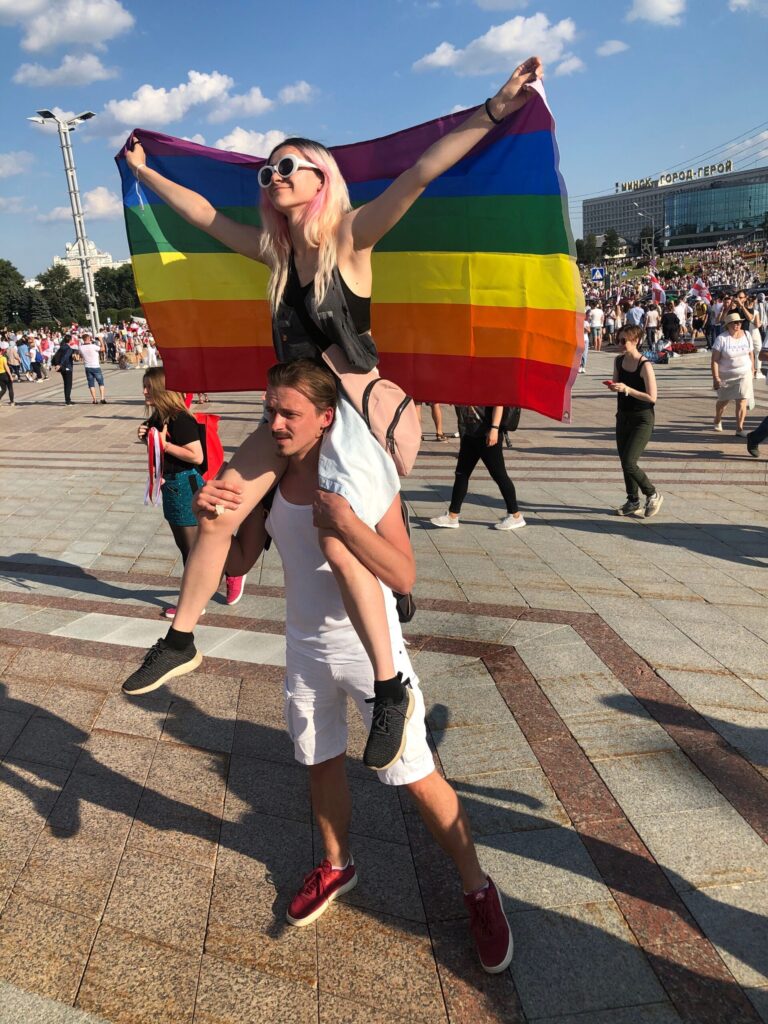
Belarus’ LGBTQ community faces violence every day.
Being a peaceful protester these days in Belarus means to be a target of violence, to be terrorized, detained, attacked, beaten up, injured and murdered on the streets or tortured in jail.
But for my pidor family, that’s nothing we’re not used to. We’ve been fighting for our rights since before this election. We’ve been fighting for our rights ahead of this election. And we’ll be fighting for our rights after this election.
Belarus’ LGBTQ community faces violence every day. The authorities exclude us from the public discourse, they ignore our problems, laugh at our faces when we try to address them, and openly persecute us.
The last attempt to register a public association for LGBTQ people was made in 2013. The Department of Justice rejected the application and the Supreme Court confirmed the decision, ruling that there was no need to create such an organization as there’s no homophobia and that the constitution protects us all equally.
The next year, the architect Mikhail Pischevsky, a gay man, was attacked in Minsk. He was beaten so badly surgeons had to remove 20 percent of his brain to keep him from dying. He passed away 17 months later.
His attacker had called him a pidor. But a judge ruled that the crime had no homophobic motive, even though it happened just outside the entrance to a gay nightclub.
Today, my pidor family makes up an invisible but critical component of the protest against President Alexander Lukashenko.
During the coronavirus crisis we became volunteers, printing out plastic shields, sewing masks and delivering them to hospitals. Later, to fight for fair elections, we joined the campaigns of independent candidates. We shared the information. We agitated for the candidate from the united opposition, Svetlana Tikhanovskaya.
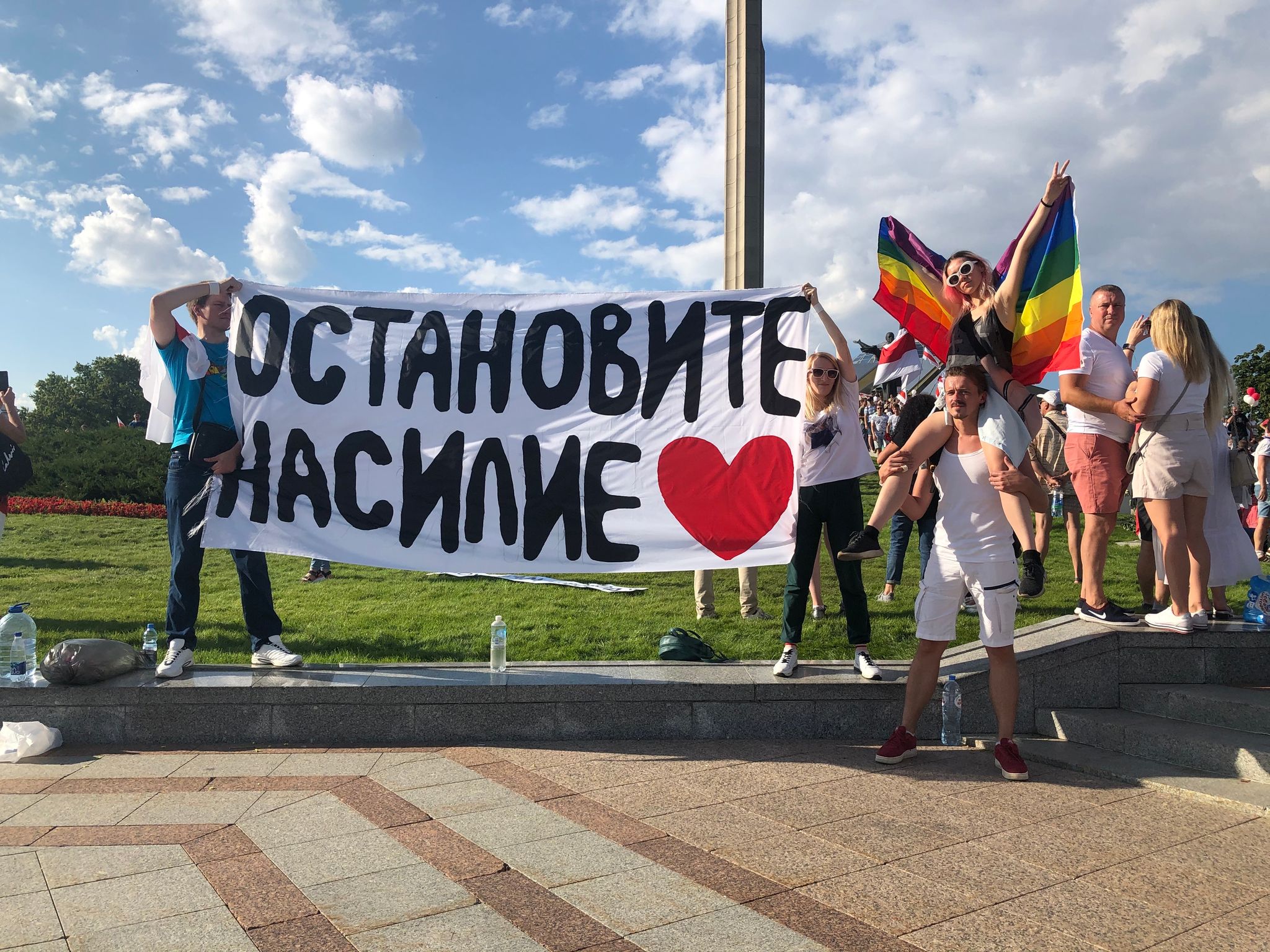
Now, as the Lukashenko regime cracks down, we are beaten up and detained by the police alongside democracy protestors. Every day I receive news about our activists and community members being detained and tortured in prisons.
On the second night of the riot, I was briefly separated from my pidor family. Away from those I love, I faced rows of military units, stun grenades, tear gas and rubber bullets. I was almost blown to shreds by a grenade that was thrown at my feet. I was lucky enough to run away. Others have not been.
When I think of this very moment, recalling the fear, shock and terror I faced, it doesn’t feel like an exceptional experience for me. I’ve had the same feeling of insecurity and oppression many times before.
From which car will a bandit without a uniform jump out and catch me?
Will this policeman patrolling the street detain me now?
Am I wrong? Am I not welcome here?
Am I a criminal, am I the person everybody hates?
Until this weekend, we didn't bring our rainbow flags to the protests. For the government, it could be used as propaganda to claim that this whole protest is organized by the West, which is against our “traditional family values.”
But most of all, we knew that if we did, many of our fellow protestors would not be very friendly.
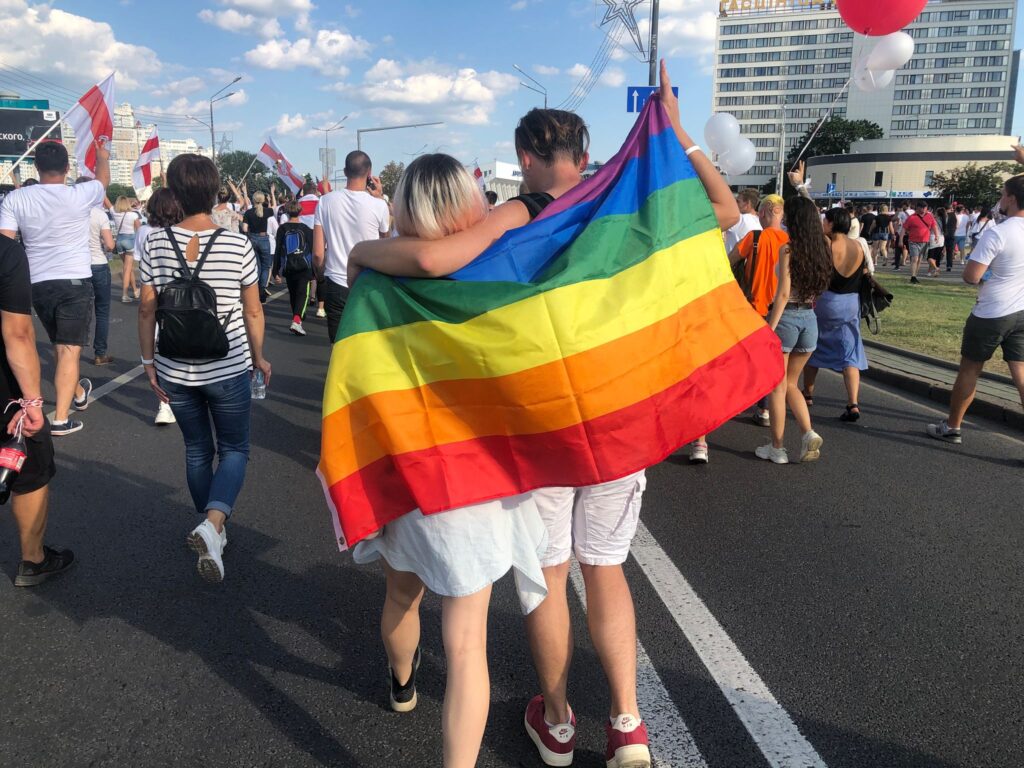
In a country with such depressing and frustrating conditions for LGBTQ people, we are determined to be patient and creative.
Since the election, protesters have painted “go away, pidor” on walls, demanding Lukashenko resign, and sworn at the police, using the same word. Special forces have shouted “on your knees, pidors,” while punching and detaining peaceful citizens.
Even a popular Belarusian rock band replaced the “OMOH” letters that are on the uniforms of special forces with “HOMO” to insult them.
For now, we haven't been criticizing oppositional leaders for being not friendly and not supportive enough. We will negotiate later about the legislative improvements, after it’s possible. After the new president takes up her office.
In a country with such depressing and frustrating conditions for LGBTQ people, we have been determined to be patient and creative.
But we cannot forget our pidor identity. We always have two flags flying — one for democracy and one for our pidor community.
That's why, on Sunday, as tens if not hundreds of thousands of people took to the streets, we decided to take our rainbow flags with us. It was the biggest protest ever in Belarus, so would have been a shame if we hadn't.
We saw of course a lot of angry gazes, and some people tried to force us to hide it. But we made it, all the way through the march.
When this is over for others, it won’t be over for us. As we try to invent strategies of advocacy relevant for our local context, the experience of being inside a totalitarian system for 26 years will be useful.
Our rainbow flags have come out. We won't be putting them away.

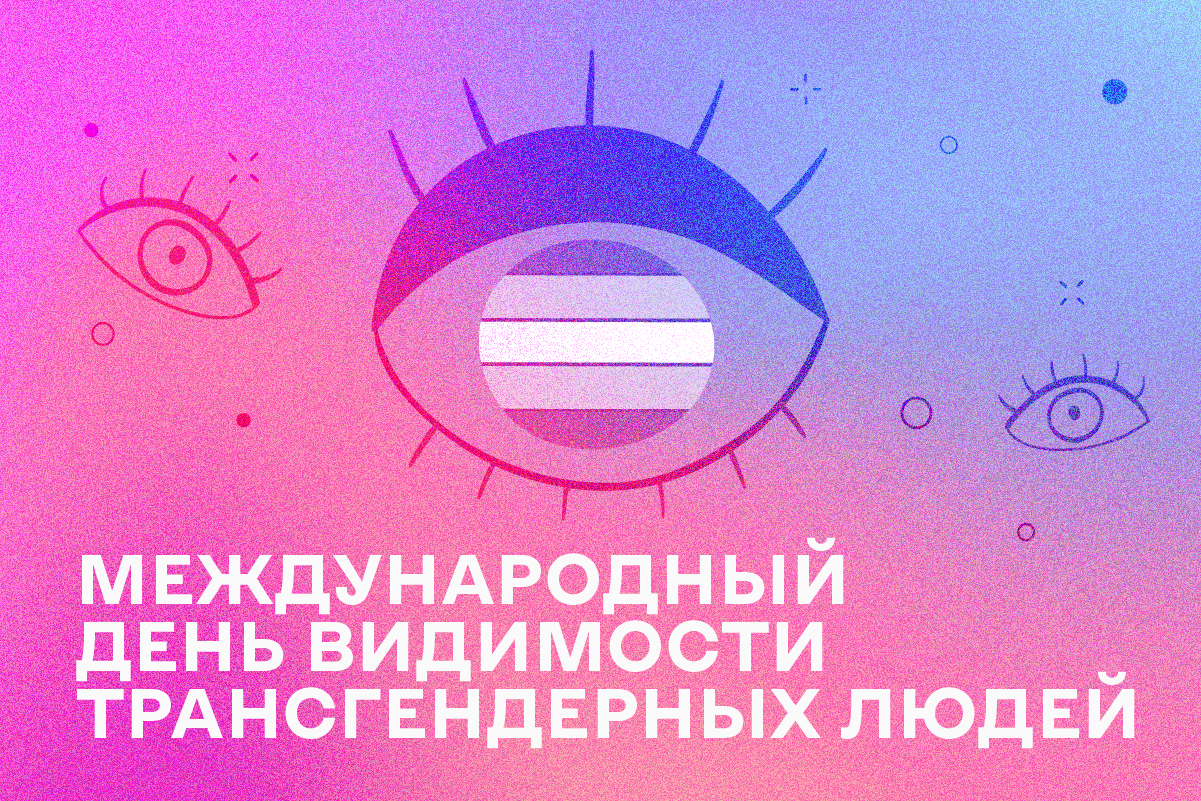

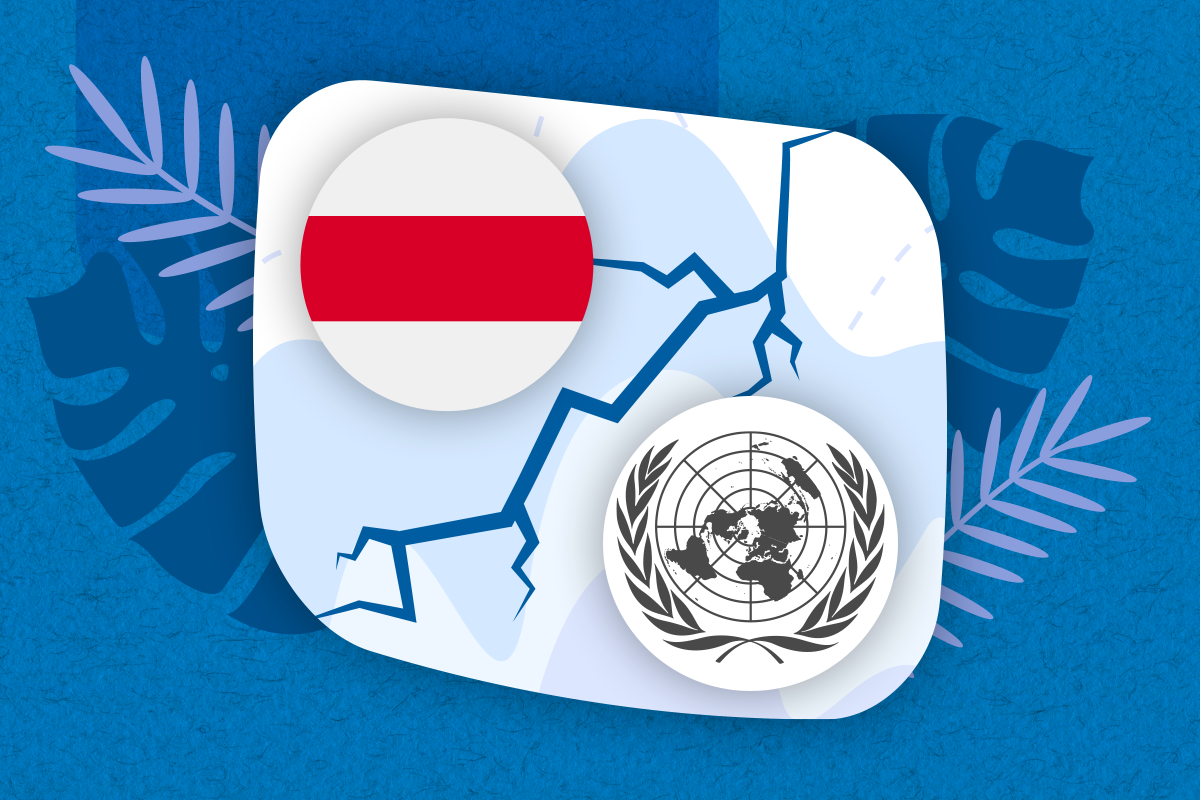
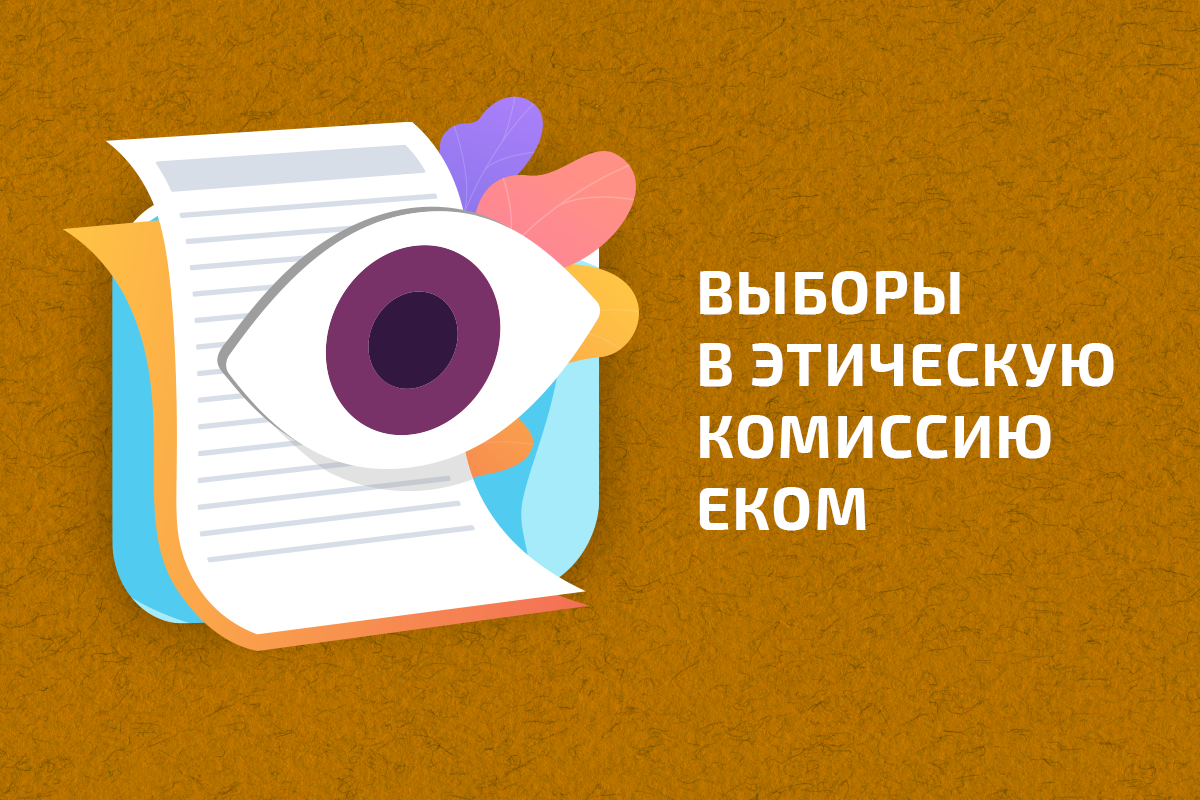
Комментарии
Пока никто не оставил комментарий